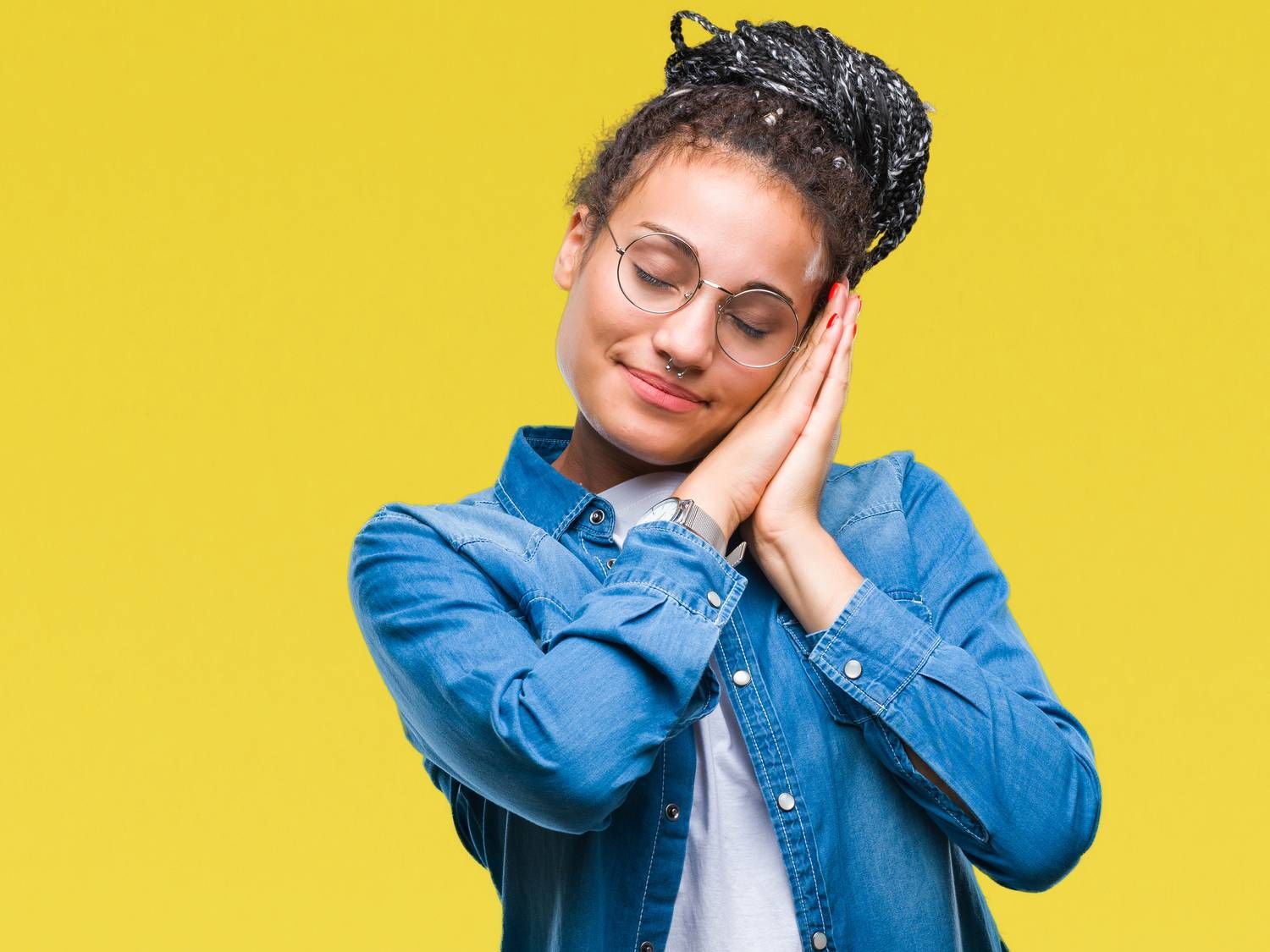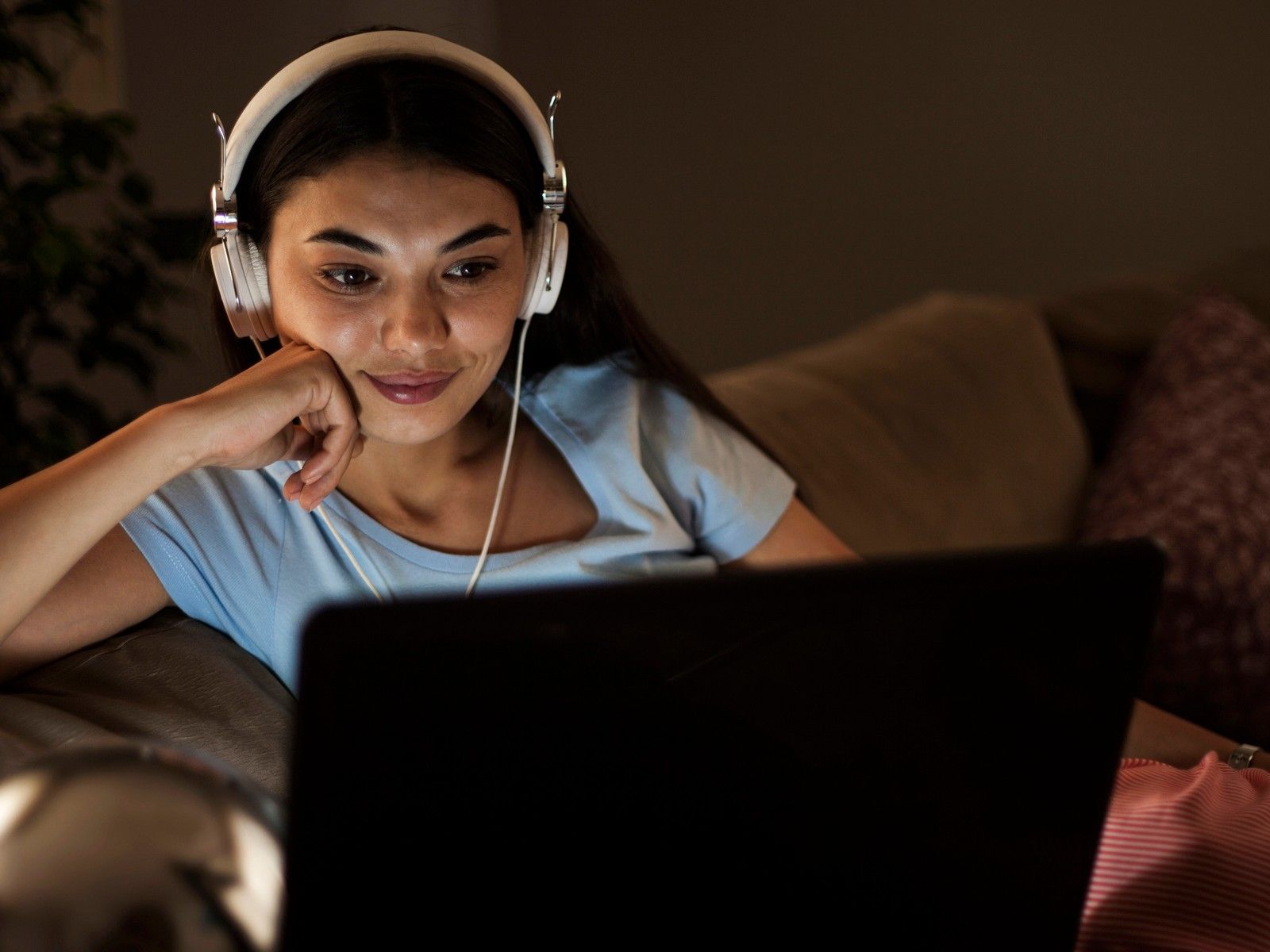dear asking for a friend,i have had trouble sleeping since the beginning of the pandemic. at first, i was having trouble falling asleep, and now i am waking several times during the night. i am exhausted. a friend suggested that i ask my doctor about sleeping pills, which, i have to admit, sound like a good idea right about now.signed, desperately restless dear desperately restless,
coronasomnia or covid-somnia is a real thing and it’s keeping people up at night. in fact, the use of sleeping pills has spiked
20 per cent over the course of the pandemic. and while medication may seem helpful initially, prolonged use can impact
memory and balance, and lead to dependence — so you are right to feel a bit apprehensive.david gardner, pharmacist, professor in the department of psychiatry at dalhousie university and the lead of a
large clinical trial that aims to help seniors get better sleep while relying less on sleeping pills, suggests that different types of sleeping pills work in different ways. broadly defined as any medication or substance people use to help them get to sleep and stay asleep, ‘sleeping pills’ can include prescription medications, such as sedative-hypnotics, sedating antidepressants and antipsychotics, as well as over-the-counter medications, such as antihistamines and natural health products that are often prescribed to treat insomnia. some people may also turn to cannabis and alcohol in hopes of getting a good night’s rest.regardless of choice, all of these tools can help support sleep onset by
slowing down the brain activity, making you feel relaxed, at least initially. over time, the sedating effect wanes, triggering a
vicious cycle that reinforces a sense of urgency for sleep help. this perceived need may be so overwhelming that it may cause physical and psychological dependence.
anyone who has experienced persistent insomnia may think that sleep medication is their ticket to proper rest, but whenever possible, safer alternatives should be explored first.
medications approved for treating insomnia in canada are typically prescribed for two weeks or less and no longer than four weeks as the
risks outweigh the benefits. if no other alternative has helped and sleep problems begin to interfere with daily activities and quality of life, healthcare providers should closely monitor patients on sleep medication.gardner says that canadian, u.s. and other international guidelines all recommend against sleeping pills as the initial way for treating insomnia and that they should only be used when other approaches have been attempted without success. he suggests that benzodiazepines are particularly problematic and may trigger withdrawal symptoms, such as tremors, nausea and insomnia when stopping treatment, although this applies to all medications and substances that are sedating and help to bring on or maintain sleep.“the longer [medications] have been taken, the more severe the problem,” says gardner, adding that gradually weaning off sleep medication can help patients avoid more sleepless nights. “they need to reduce their dose slowly so that they don’t invite withdrawal-related sleep problems.”the best way to get a good night’s sleep is to establish a healthy routine.
experts recommend sticking to a consistent sleep and wake schedule, avoiding a heavy meal, watching television and using your phone at least a couple of hours before bed. poor habits and irregular eating can also exasperate the problem, so consider cleaning up your diet for better sleep.if you tend to get back to your work and computer late in the evening, try adjusting your schedule. working at night can disturb your
sleep cycle, and if you do shift work, try taking a short nap before your shift begins and getting outside throughout the day.avoid all forms of caffeine after 3 pm, try to sleep in a cool, dark environment, and if you live in a noisy area, consider incorporating a white noise machine into your nightly routine. if these
lifestyle changes and relaxation techniques don’t improve your sleep, a mental health professional can help you address and resolve any underlying psychological issues that might be getting in the way of proper sleep.
is there something about health that you (or a friend, wink, wink) have always wondered about, but are too embarrassed to ask? send a note to info@healthing.ca. we promise your ‘friend’s’ secret – and identity – is safe with us!
 3 minute read
3 minute read









